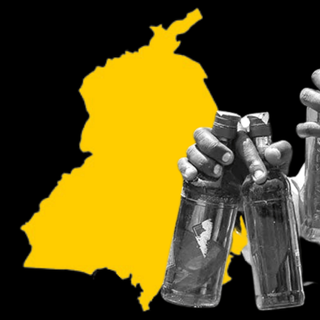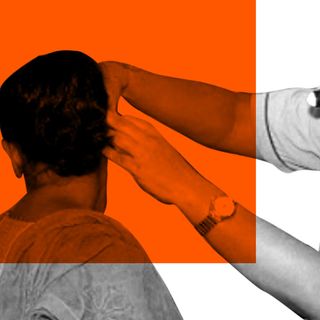(In this article, men and women will be used not to denote gender, but rather as abbreviated references to individuals with XY and XX chromosomes respectively.)
A growing body of research into the immune system’s response to Covid19 and other viral infections is shedding light on differences between male and female responses that leave men more at risk of severe illness and death. On average globally, men are 20% more likely than women to develop severe Covid19 and more likely than women to die from the disease.
Women show greater reactivity of both innate and adaptive immune responses, which likely provides them more protection than men from the worst of Covid19. However, it also means women are more at risk of developing autoimmune diseases.
Innate immunity is the body’s automatic, immediate defensive reaction to any pathogen or tissue damage. Adaptive immunity, or acquired immunity, on the other hand, is the specific and memorized immune response to a particular pathogen that develops over time after exposure either through infection or via vaccination.
Women’s initial, innate immune response to a virus tends to be both faster and stronger than men’s. Specifically, research on HIV patients has shown a cellular early warning system that a virus is present leads women to produce more interferons, a protein that inhibits the virus’s ability to replicate, than men. “This is really the first step in the immune response against a virus,” Marcus Altfeld, an immunologist at the Heinrich Pette Institute in Hamburg, Germany, tells The Scientist.
Additionally, when interferons are released, women’s neutrophils, a type of immune cell, seem to react more strongly than men’s, according to other research.
Related on The Swaddle:
Why Some Covid19 Infections Last Weeks, Months, and Others Last Only Days
Women’s adaptive immune systems seem to have an edge, too, according to several studies. Among other things, girls and women seem to have higher numbers of helper T cells, which help activate the rest of the adaptive immune system. And women tend to have stronger antibody responses to vaccinations for viral illnesses like influenza, yellow fever, dengue, and more.
All of these findings suggest a biological sex-based leg-up in virus protection that could explain the different Covid19 responses in men and women, one backed up by sex-based differences in outcomes in past outbreaks. In the 2003 and 2013-14 outbreaks of SARS and MERS respectively, infected men were more likely to die than infected women. And hepatitis C is also known to affect men more seriously.
But the findings could also explain sex differences behind non-viral diseases.
“The downside of this robust immunity is that 80% of all autoimmune disease patients are women,” Sabra Klein, a biologist at Johns Hopkins Bloomberg School of Public Health and an expert on immune responses to viral infections, tells The Scientist. Autoimmune diseases develop when overactive immune systems mistake tissue for foreign invaders and begin attacking their own bodies. “We are so much more likely to have autoimmune diseases; we are significantly more likely to have multiple autoimmune diseases.”




